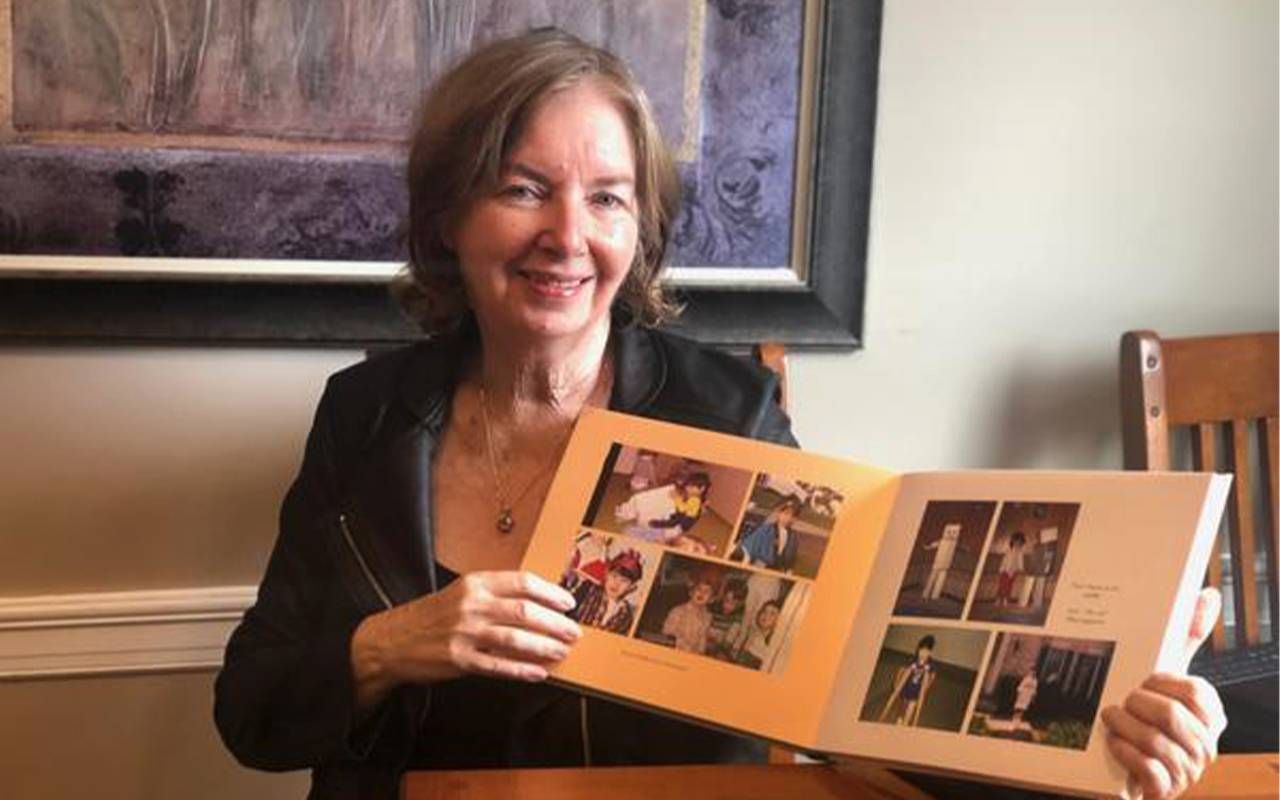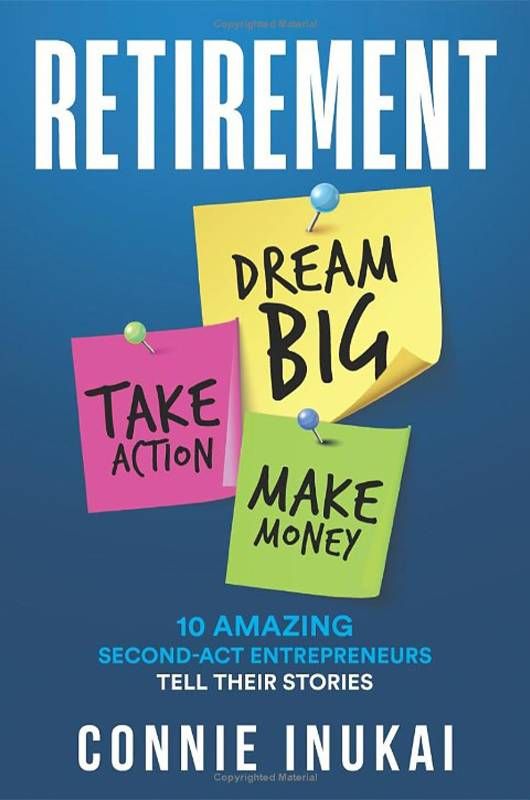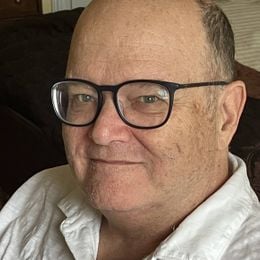Mentors Can Minimize Rookies' Risks
How experienced business executives can help entrepreneurs recognize, prioritize and manage the risks facing their startups
Editor’s note: This article is part of Lessons from Leaders, a Next Avenue initiative made possible by the Richard M. Schulze Family Foundation and EIX, the Entrepreneur Innovation Exchange.
Entrepreneurs have many personal characteristics in common: grit, hard work, passion and an above-average appetite for taking risks.

Starting a business is a risky proposition in itself. Data from the U.S. Bureau of Labor Statistics shows that more than one-fifth of private businesses (21.5%) close within a year of being founded. A little less than half (46.6%) fold within five years and nearly two-thirds (64.3%) lock their doors by year 10.
"The first risk you should think about is whether you have a business that customers want."
Common causes of small-business closures are well known: insufficient startup capital, blemished business or personal credit, flawed market research, partnership conflicts, ineffective marketing and poor or nonexistent business skills.
These are the risks that should be front-of-mind for new business owners, not logistical snafus, wildfires or floods. "The first risk you should think about is whether you have a business that customers want," said Ed Coleman, a retired marketing executive with Sears, National Geographic and the National Wildlife Federation who now mentors new businesses for SCORE.
"Before you invest a great deal of time and financial resources, make sure your idea is feasible, and that you can successfully lay out a plan to move forward," he said. Start by asking, "What problem are you solving? What is it you are selling? Is there a market for it? Is your customer clearly defined?"
Delegate to Professionals
"Validate the idea of your business and I think you can get past that initial risk," said Coleman.
Entrepreneurs should rely on outsiders — bankers, lawyers, insurance brokers and accountants — to secure business licenses, file tax forms and conduct other necessary but routine tasks to avoid distracting business founders from executing their vision for the business.
One of Coleman's mentees, 77-year-old Connie Inukai, knew none of that when she decided to design, manufacture and sell a pocket-sized device called Tip 'n' Split. Like many older adults, she long joked that restaurants were darker and the type on menus was smaller each time she met friends for dinner. "None of us could read the menu in some restaurants," she recalled. "We used to pass around reading glasses. . . . I thought, "there must be a better way."
With the help of an ex-husband who was an engineer, she created Tip 'n' Split, which combines a magnifying glass, LED light and calculator programmed to calculate tips of any size — not the fixed percentages of some tableside credit-card readers — and then split checks among any number of people with the push of a button.
Without conducting extensive research, Inukai decided to sell her product only online, on Grandmapreneur.com (a trademarked portmanteau of grandma and entrepreneur) and Amazon.
Beware of Copycat Risk

Sales were brisk at first, then plateaued as competitors copied her idea despite its U.S. patent. One company has gone so far as to adopt the trademarked Tip 'n' Split name for an app that mimics the calculator part of Inukai's invention. "I'm not going to sue them," she said. "I did consider going after them — I do have that trademark — but I think it would be too expensive for me to sue someone in Singapore."
Besides, she has been busy on other projects. Inukai, who taught technical writing to college students for 40 years before retiring, has written three books in the last three years.
In 2021, there was "How I Got My Product on QVC, The Today Show, The View and More . . . In Retirement," her account of how she used national media to promote the Tip 'n' Split. A year later came "Retirement: Dream Big, Take Action, Make Money," an inspirational how-to book for so-called second-act entrepreneurs, who are people who start a business in retirement.
New Book, New Business
This year came "Write Your Selfie: Your Life Story in Pictures," in which she describes how to convert loose family photos or fraying albums into an illustrated history book about your parents, ancestors, siblings or other significant people in your life. She also has a related business that offers online courses on how to create these history books, and is seeking to deliver her upbeat speeches to more business groups and retirees.
Juggling so many enterprises is difficult and may increase the risk that Inukai and her two employees won't see an opportunity, synergy or problem until too late. Coleman has finally persuaded his mentee to prepare proper business plans for each one. "The biggest risk that I see for someone getting into businesses is not taking the time to think through and do a business plan," he said.
"If you don't take risks, you don't get anything."
Inukai said she is working on business plans, though one could suspect her heart isn't wholly in it. She'd rather be creating. "I just trademarked a new expression that I made up called 'Passion has no expiration date'," she said. "In the future I'm going to use it on merchandise, like stickers that people can put on their computer."
After a brief silence, she acknowledged that business involves all manner of risk.
"My answer to that is, when you get to be this age, you're not so worried about failure because we've failed so many times in our life, and we just get back up and continue," she said. "That's probably why I'm not so afraid of risk."
"If you don't take risks," she added, "you don't get anything."


